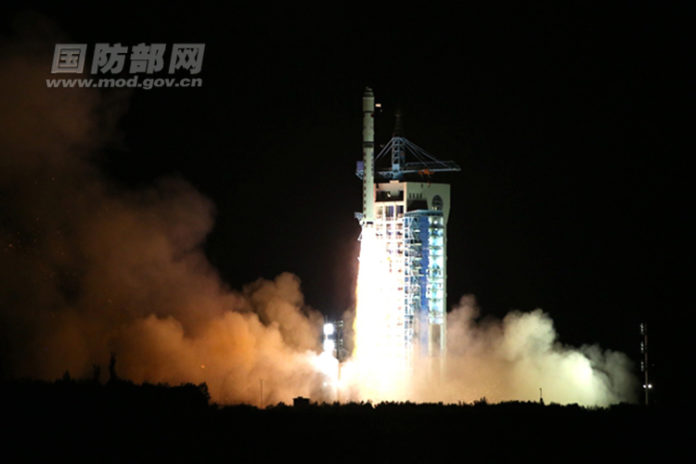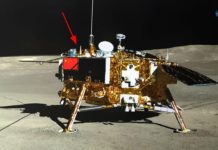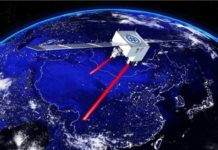A team of Chinese scientists has just published a paper demonstrating how they successfully teleported a photon from a ground station at Ngari, Tibet, to Micius, one of China’s Low Earth Orbit (LEO) satellites.
Micius, the satellite used for China’s Quantum Experiments at Space Scale (QUESS), was launched last year to conduct quantum experiments and is the only satellite in orbit capable of generating entangled photons in space.
A first of its kind, this ground-to-satellite quantum teleportation is based on principles of quantum entanglement. It marks a world record in the distance achieved via quantum teleportation; in the case, between 1400 km, as compared to the 143 km achieved in the Canary Islands in 2012 .
This was done by generating polarization in a single photon in order to encode a quantum bit (qubit), i.e., a unit of quantum information that forms the backbone of quantum computing. Simultaneously, entangled photon pairs were created at Ngari and the Micius satellite, forming a quantum communication channel.
The polarized photon was then beamed up to the satellite Micius, which contains a receiver, by aiming the transmitter at the satellite at night, as quantum teleportation must take place in the dark.
The transmission took place by using a fibre connected to a telescope at Ngari, which pointed at the satellite at a precise angle. The beam was then received by a telescope in the satellite, also configured to point at Ngari. Throughout, procedures were put in place to minimize atmospheric interference and other factors which could affect such a sensitive experiment.
Quantum teleportation is a significant step towards establishing a space-based quantum communication network, which scientists laud as the most secure form of communication possible. Information sent via quantum entanglement cannot be decrypted, or hacked into, and is said to have tremendous implications in military and civilian technologies.
The QUESS project, which will conduct a number of experiments, will pave the way for an Asia-Europe intercontinental quantum key network by 2030, which was proposed by China in 2016.
Read the paper here.







